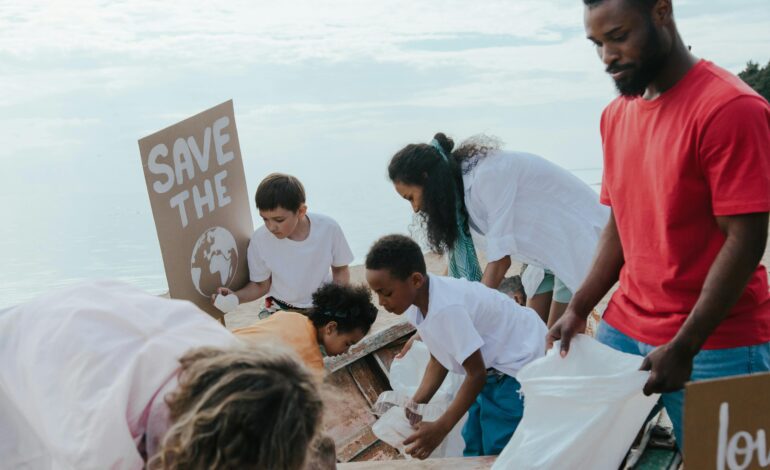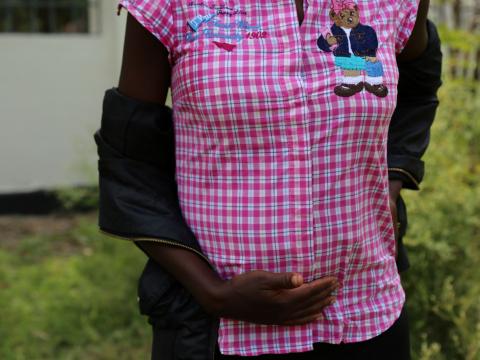With the effects of global warming taking their toll right before our eyes, it is even more important that eco-conscious parenting has emerged as a powerful vehicle for change, propelling us towards a more sustainable future. As guardians of the next generation, parents wield the extraordinary ability to shape habits, attitudes, and values that promote environmental stewardship. This article delves into the essence of eco-conscious parenting, offering actionable strategies and insights for families eager to embrace a greener lifestyle.
Understanding Eco-Conscious Parenting
Eco-conscious parenting is more than a trend; it’s a commitment to raising children with an awareness of their environmental footprint and a deep-seated respect for the natural world. This approach involves integrating sustainable practices into daily family life, educating children about environmental issues, and nurturing a connection with nature. The goal is to cultivate a generation that values conservation, sustainability, and environmental justice, ensuring a healthier planet for future generations.
Embracing Sustainable Practices at Home
- Reduce, Reuse, Recycle: Start with the basics of waste management by encouraging the whole family to adopt the 3Rs. Involve children in sorting recyclables, donating unused items, and finding creative ways to reuse everyday objects.
- Eco-Friendly Products: Shift towards using eco-friendly products, by choosing biodegradable cleaning agents, sustainably sourced clothing like KikoRomeo, eco-friendly school supplies, local organic produce, and reusable shopping bags, parents and children together can make a significant impact. Educate your children about the environmental impact of the products they use and the importance of making responsible choices.
- Energy Conservation: Instil habits of energy conservation by teaching children to turn off lights when leaving a room(remember how much you’d get into trouble every time your father found an unnecessary light on?), use water sparingly, and embrace natural lighting. Discuss the importance of saving energy and its impact on the planet.
Nurturing a Connection with Nature
- Outdoor Adventures: Regularly engage in outdoor activities as a family. Whether it’s hiking at Ngong Hills or Karura, gardening even just in your backyard flowers or tomatoes, or simply playing in a local park, these experiences can foster a love for nature and an understanding of why it’s worth protecting.
- Environmental Education: Incorporate environmental education into your family’s life. Read books, watch documentaries, and attend workshops on environmental issues. Make learning about the planet fun and engaging for your children.
- Community Involvement: Participate in local environmental initiatives, such as tree planting, beach clean-ups, or community gardening. This not only contributes to the local ecosystem but also teaches children the value of community and collective action.
Leading by Example
Perhaps the most powerful tool in eco-conscious parenting is leading by example. Children learn by observing the actions and attitudes of their parents. By demonstrating a commitment to sustainable living, parents can inspire their children to adopt similar values. This means making conscious choices, advocating for environmental causes, and continuously educating oneself about the best practices for sustainable living.
Eco-conscious parenting is a journey that requires patience, creativity, and persistence. It’s about making intentional choices that align with the well-being of our planet, our home and instilling those values in our children. By embracing this approach, parents can play a pivotal role in raising the next generation of earth guardians, equipped with the knowledge, skills, and passion to make a positive impact on the world. Remember, every small step towards sustainability counts. As families across the globe join this movement, we collectively forge a path towards a more sustainable and equitable future for all. Let’s embark on this journey together, for our children and the many generations to come.








